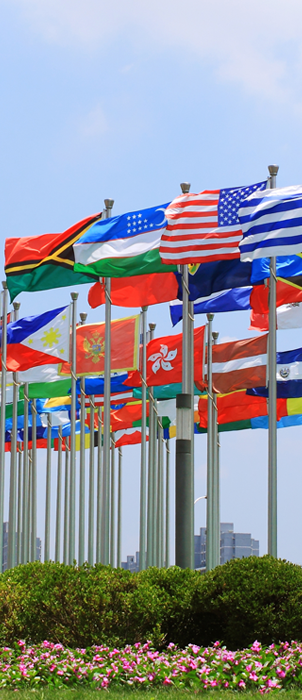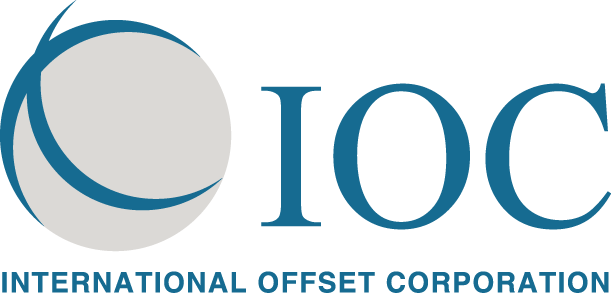IOC Solution
IOC SOLUTIONS
IOC is retained by the government, which becomes its client. IOC assesses the client’s needs, its resources, and the available tangible and intangible infrastructure. It then develops and implements a dynamic countertrade model to achieve the client’s objectives.
Each situation is different and requires careful, in-depth analysis. But there are several countertrade fundamentals which are commonly used in developing countries.
COUNTERTRADE – GENERALLY
Broadly speaking, countertrade is the purchase of goods or services which are paid for, in whole or part, by other goods or services, rather than currency. Some form of countertrade is commonly used to overcome financing constraints in international trade. It is frequently encountered in transactions by developing countries. The developing country is often unable to make essential purchases because of a shortage of hard currency or a lack of credit. Therefore, instead of paying its scarce cash for the imported products or services, it accomplishes the exchange by a reciprocal export of product.
BARTER
A straight exchange is an example of barter, perhaps the most common type of countertrade. Usually it involves a spot transaction where the exchange of products or services takes place substantially concurrently. Essentially, each party is a “buyer” and a “seller.” The exchange can take place without the need for any currency, credit or financing.
COUNTER-PURCHASE OR BUY-BACK
Most larger scale countertrade transactions are not limited to simple barter. For example, counter-purchase or buy-back transactions are distinguishable from barter in that they do not necessarily involve simultaneous trade flow. Instead, they might involve sale transactions which are sequential, or in parallel. They may also be more complex, involving third parties and being triangular.
There are of course many variations on the foregoing fundamentals. Notably, there is often a credit or other financing element involved to facilitate or enable one or more aspect of the constituent countertrade transactions. For example:

TRADE CREDIT
Often, the government may be able to cover part of the transaction cost with a cash payment, but it must cover the balance with barter. Under such a circumstance, the government will benefit if it can use credit to accelerate the purchase before the transaction fully settles. Such credit might be obtained from a conventional lender, if it can be adequately secured. Security could take the form of acceptable collateral but might have to be backed by sovereign guaranties. Additionally, under some circumstances, regional, bi-national and multinational economic development funding and credits might be available. But qualifying under these programs can be challenging.
PROJECT FINANCE
Many times the country’s needs extend beyond just acquiring goods or services. The country may be very much in need of related infrastructure development. Sample projects might include schools, hospitals, power plants and communications systems. In such cases, in addition to building the project facilities, the country will have to provide fixtures, supplies and equipment. As a result, project finance and countertrade frequently intersect. The transaction can be complex, and the process burdensome and uncertain. But it can be accomplished.



